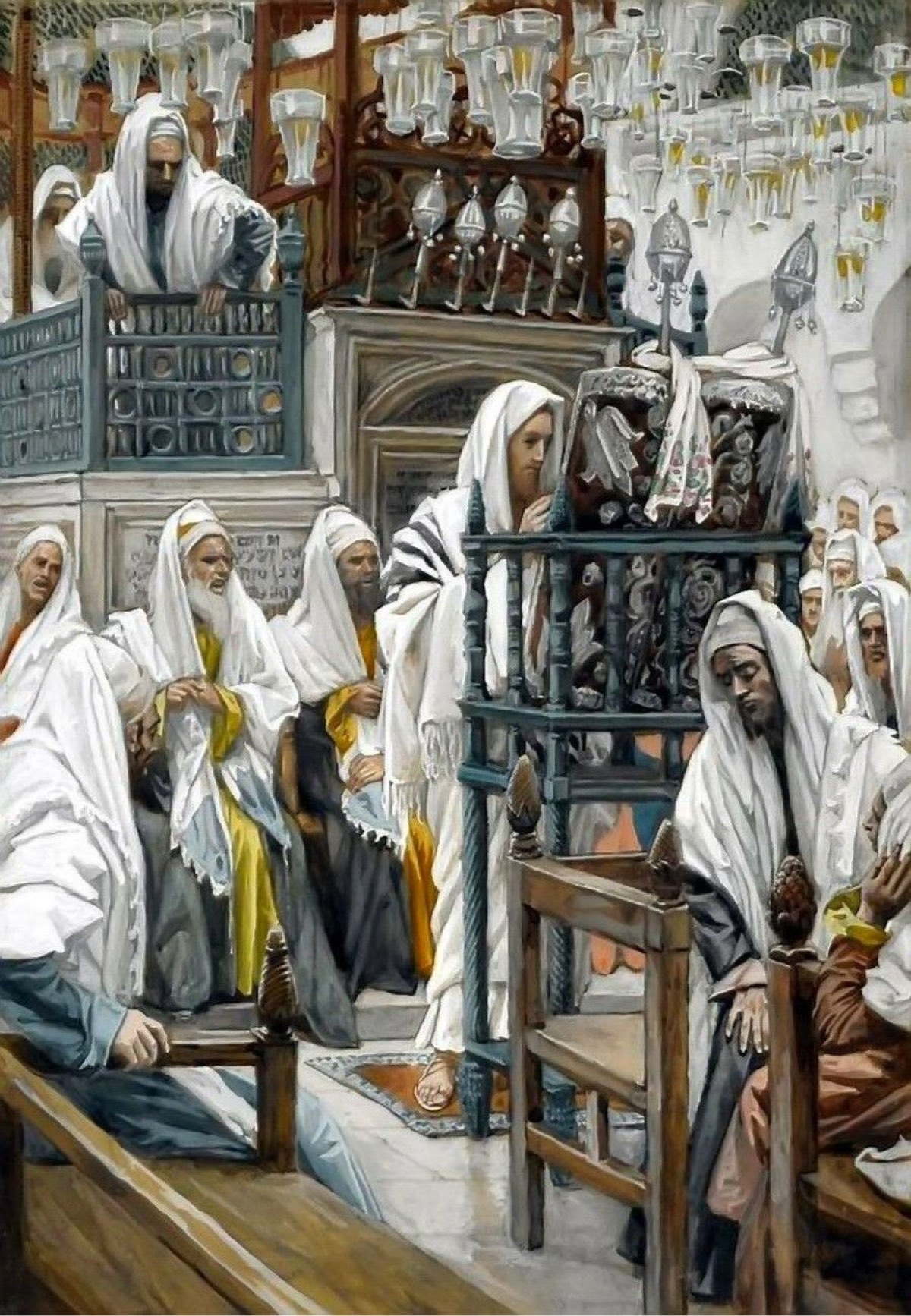Where in the New Testament does Jesus teach monotheism?
In the New Testament, Jesus affirms the belief in monotheism, the understanding of one God. He upholds the teachings of the Hebrew Scriptures, which emphasize belief in one true God. Here are several examples:
1. Mark 12, verse 29: In response to a question about the greatest commandment, Jesus quotes the Shema from Deuteronomy 6, verse 4, saying, “The most important one is this: ‘Hear, O Israel: The Lord our God, the Lord is one.’” Here, Jesus emphasizes the foundational Jewish belief in one God, affirming that monotheism remains central to his teachings.
2. John 17, verse 3: In his prayer to God, Jesus says, “Now this is eternal life: that they know you, the only true God, and Jesus Christ, whom you have sent.” By addressing God as the “only true God,” Jesus underlines that God alone is worthy of worship and emphasizes his own role as the one sent by God, distinguishing himself from God and reinforcing monotheistic belief.
3. Matthew 4, verse 10: When tempted by Satan, Jesus responds, “Away from me, Satan! For it is written: ‘Worship the Lord your God and serve him only.’” Quoting Deuteronomy 6, verse 13, Jesus affirms that worship should be directed to God alone, rejecting the idea of worshiping anyone or anything else.
4. Mark 10, verse 18: When a man addresses Jesus as “Good Teacher,” Jesus replies, “Why do you call me good? No one is good—except God alone.” Here, Jesus redirects the focus back to God, attributing ultimate goodness to God alone. This statement reflects Jesus’ humility and his acknowledgment of God’s unique holiness, underscoring monotheism by reserving true goodness and divinity for God alone.
These verses highlight Jesus’ affirmation of belief in one God and his rejection of worshiping any other gods or idols. Jesus consistently teaches that there is only one true God, encouraging his followers to worship and serve Him alone. Through his words and actions, Jesus aligns himself with the core tenets of monotheism found in the Hebrew Scriptures, affirming the oneness and sovereignty of God.


